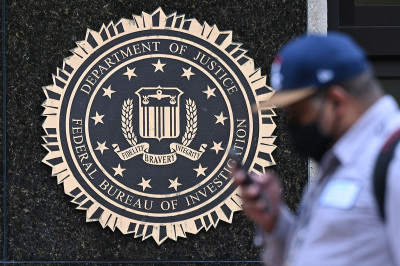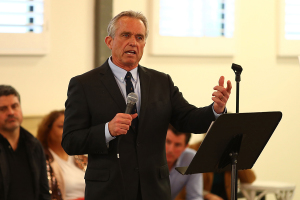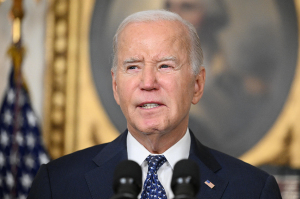'Twitter Files': 5 findings on Trump ban, Michelle Obama and gov't influence

1. Twitter worked with intelligence agencies to combat 'misinformation' ahead of the 2020 election.
The third edition of the "Twitter Files," unveiled in a Twitter thread by Taibbi Friday evening, contained screenshots from internal company messages originating from a sender whose name has been redacted.
One letter asked Twitter's Policy Director Nick Pickles if he approved of citing "partnerships with outside experts" as one of the tools the company used to address "misinformation" on the platform. In response to the message, Pickles asked, "can we just say partnerships?"
18. Policy Director Nick Pickles is asked if they should say Twitter detects “misinfo” through “ML, human review, and **partnerships with outside experts?*” The employee asks, “I know that’s been a slippery process… not sure if you want our public explanation to hang on that.” pic.twitter.com/JEICGRTyz7
— Matt Taibbi (@mtaibbi) December 9, 2022
"Not sure we'd describe the FBI/[Department of Homeland Security] as experts, or some NGOs that aren't academic," he responded.
An additional message authored by Yoel Roth, previously described by Taibbi as Twitter's "trust and safety chief," provided information about a meeting he had with the FBI, DHS and the Office of the Director of National Intelligence.
At the meeting, as described by Roth, the Twitter official reported: "We blocked the NYP story, then we unblocked it (but said the opposite) then said we unblocked it … and now we're in a messy situation where our policy is in shambles, comms is angry, reporters think we're idiots, and we're refactoring an increasingly complex policy 18 days out from the election."
The documents released by Taibbi suggest that the FBI flagged tweets for the company to review and possibly censor and/or add warning labels. Two tweets authored by a Republican former Tippecanoe County, Indiana Councilor John Basham found themselves subject to an FBI report.
The first tweet insisted that people were "shredding" mail ballots, while the second asserted that "an unexpected number of registered #Republicans are returning ballots" and that "between 2% & 25% of ballots by mail are being REJECTED for errors!"
A memorandum announcing the FBI report on the tweets included a link to a Politifact article stating that the claim of the "shredding" of ballots was "proven to be false."
The tweets became the subject of discussion in an "enforcement" channel set up on Twitter's Slack account less than a month before the election to hold "discussions about election-related removals, especially for ones that involved 'high-profile' accounts."
Taibbi reported the group decided to "apply a 'Learn How voting is safe and secure' label because one commenter says, 'it's totally normal to have a 2% error rate.'" Roth authorized the attachment of a "mail in voting label" for the second tweet.
Taibbi explained that after "examining the entire election enforcement Slack, we didn't see one reference to moderation requests from the Trump campaign, the Trump White House, or Republicans generally."
"We looked. They may exist: we were told they do. However, they were absent here," Taibbi wrote. "In other words, all of the moderation requests dealt with tweets written by Republicans and/or conservatives."
Ryan Foley is a reporter for The Christian Post. He can be reached at: ryan.foley@christianpost.com




























